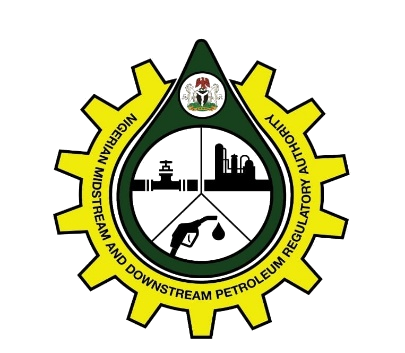
A disagreement has emerged between oil producers and the Nigerian Midstream and Downstream Petroleum Regulatory Authority (NMDPRA) over the collection of the 0.5% wholesale price levy.
While the NMDPRA insists that oil producers should collect the levy and remit it to the appropriate banks, the producers argue that the regulator should handle the collection directly.
NMDPRA Chief Executive Farouk Ahmed, represented by the Authority’s Legal Adviser, Joseph Tolorunse, explained that the engagement aimed to address issues raised during the first phase of the NMDPRA’s sensitization program.
“Due to unresolved issues, NMDPRA has been overwhelmed with disagreements regarding the implementation of wholesale supply operations,” Tolorunse said. “At this stakeholders’ sensitization workshop, these issues and concerns will be discussed, and NMDPRA’s position on them will be provided interactively.”
Princess Edeimu Chukwumah, Vice Chairperson of the Oil Producers Trade Section (OPTS) Gas Sub-Committee, representing Chevron Nigeria Limited, along with James Makinde of Seplat and other representatives from International Oil Companies (IoCs), argued against oil producers being responsible for collecting the levy.
Emmanuel Cofie-Spiff of Oando Plc stated, “The players do not have issues with the Petroleum Industry Act (PIA). However, we have identified some gaps, and those gaps are why we are here—to resolve and work together. But the NMDPRA believes that, as oil producers, we should collect the levy and remit it. These are the arguments.”
Responding to these concerns, NMDPRA’s representative, Tolorunse, clarified to journalists that the implementation of government revenue collection, especially the 0.5% wholesale price levy on petroleum products and natural gas, has been contentious.
“The PIA, in sections 37 and 52, provides for the collection of levies but does not specify which entity should collect them. We have explained here that the charges are not on the supplier but rather on the wholesale customers. It would be more efficient to collect the levy at the wholesale point as it forms part of the wholesale price,” Tolorunse noted.
He further explained that since the PIA was enacted in 2021, timing for implementation has been delayed due to the need to pass regulations and develop guidelines for collection procedures.
Tolorunse urged stakeholders to collaborate in enabling the implementation of these guidelines to optimize midstream and downstream oil and gas operations in Nigeria.
